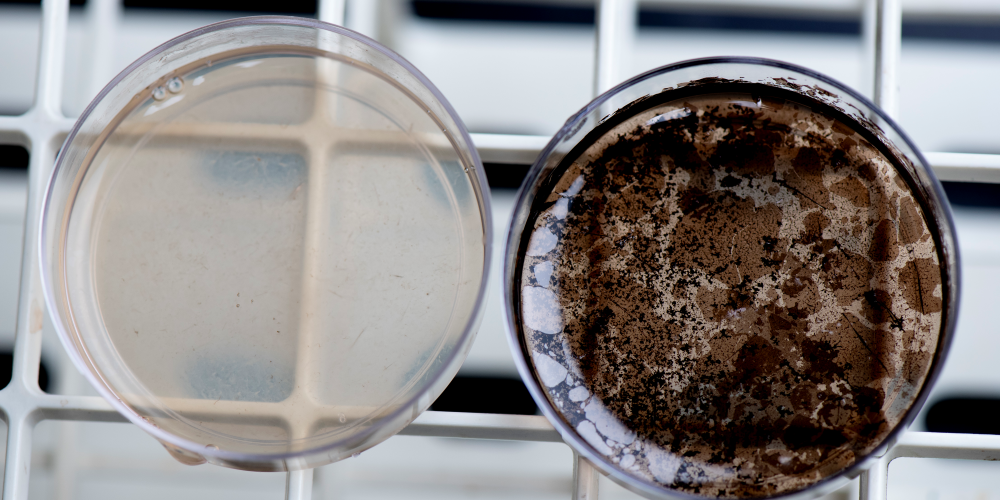WASHINGTON – The U.S. Naval Research Laboratory’s Melanized Microbes for Multiple Uses in Space Project, or MELSP, will use the International Space Station (ISS) to search for production of melanin variants and other useful biomaterials that can have applications both on Earth and in space. The mission is scheduled to launch in early November 2023.
Melanin is described as a group of biopolymers responsible for various biological functions, including pigmentation of skin, hair, and iris of the eyes, which helps protect body cells from solar radiation damage.
“The structure and properties of melanin are highly dependent on synthesis and polymerization conditions, therefore the production of melanin in microgravity may lead to new melanin variants with novel physico-chemical properties,” said Tiffany Hennessa, Ph.D., research biologist at NRL’s Center for Biomolecular Science and Engineering (CBMSE) and co-principal investigator of MELSP. “We will investigate how microgravity and cosmic radiation influences microbial melanin production and study the role that melanin plays in adaptation to the ISS environment.”


